Arabia Felix is using YouTube to transcend the boundaries of Kuwait
- Text by Arabia Felix / Michael Segalov
- Photography by Arabia Felix

“Here in Kuwait there is no gay community. Most gay people here don’t even believe in being gay. Some see homosexuality as a disease, others say it’s just a phase. For gay men in Kuwait, those who act on their sexual desire [are] associated with anal sex, prostitution and HIV. As if that’s who we are.
“I have no problem with my sexuality, although I’ve never felt the need to come out the closet to my family. Sometimes I even limit how long I hang out with them, because the more I’m with them, the more I want to tell them about who I am, and to show them my work. The deep-rooted links between drag and queerness only became known to me later. To this day my parents have no clue.
“There were two famous actors in Kuwait during the ’80s and ’90s. Their drag was unattractive, unpolished and unfeminine, which is different from what I do. But they were popular; people loved them when they appeared on TV.
“Someone like me can see that they may well have been in the closet, but they’d go out their way to say that LGBT people in Kuwait deserve what happens to them. They’d throw their own kind under the bus just to take the spotlight away.
“For me, drag is an art, a form that is inherently about gender, sexuality and freedom. I want to show both men and women can wear make-up, that whatever gender you are, art and self-expression should be cherished. Dressing up as a woman, and putting on make-up doesn’t make you gay.
“To do what I love, where I am, I have to be political; it comes with the territory. Drag might now be an accepted art form in the west, but here it makes me an activist. Challenging ideas of masculinity and sexuality, and standing up for LGBT people in my country, is far from the norm.
“What scares me the most is not the people who’ll threaten and want to hurt me, but how my own community might respond. And then there’s my friends and family; our association could put them in danger.
“Last week I was doing a photoshoot with my best friend and I had painted my entire body red. I was dropping him home that night, and we got pulled over by the cops. The officer saw red paint on my nails, and immediately pulled us out the car; looking for make-up, wigs, anything.
“They interrogated us, looking to see if we shaved any parts of our body (if you shave your legs here, turns out you’re gay). They found nothing, so one took our phones, searching through all the galleries. It was terrifying.
“Thank god I was lucky, because I reformatted my phone the day before. If I didn’t, I wouldn’t be speaking to you. I’d be in jail. If they found out about the make-up, YouTube, Instagram, and how I put myself out there? It’s a punishable crime. In some ways I feel lucky. If I were born in Saudi Arabia, the death penalty would be looming.
“Once I went out in full drag here, to a convention. When I’m dressed as Arabia, I feel powerful, like nobody could touch me. It’s mostly because of the confidence that make-up and drag gives you, it’s an armour that covers your entire body. That’s what I love.
“If I were to go now to my mother, and show her pictures of me in drag, the first thing she will say is, ‘Why are you doing this? What if you get caught? What if someone sees you?’ Her concern would be for my safety and reputation, and I don’t want her to worry. It’s why I isolate them from what I do.
“My sisters are more open-minded, one of them knows that I’m gay and about my drag. She loves it. Sometimes I see the concern in her eyes, when I tell her I’m doing a video or a new photoshoot. I can hear and see her anguish. She worries for me, and for the entire family.
“At first I struggled with my religion. I’m Muslim, and was quite religious when I was young. There were things that didn’t make sense, the way these religious rules and regulations were taught to me. I got told that gay people are sick, and that I would go to hell. It made no sense, as I believe in acceptance.
“I don’t think my country will accept gay people until there’s mass societal upheaval. The government is based on religion, and until that changes we’ll always be outsiders. But things are changing, and fast. In Dubai, it’s more open-minded right now, I’ve heard there are even underground drag shows where US drag queens can go and perform, and Middle-Eastern trans women are living there after transition.
“Getting online, and using social media is definitely a way of changing the way young people see gender and sexuality; exposing ideas that would otherwise be excluded from Kuwaiti life. I know soon I’ll need to take the leap from the virtual, and Arabia Felix will take to the physical, and maybe one day the streets.”
Read more Gender Stories.
Latest on Huck

Three decades behind the scenes of the music industry
Eddie Otchere’s ‘Spirit Behind the Lens’ is a story of music and culture that crosses and transcends borders.
Written by: Isaac Muk
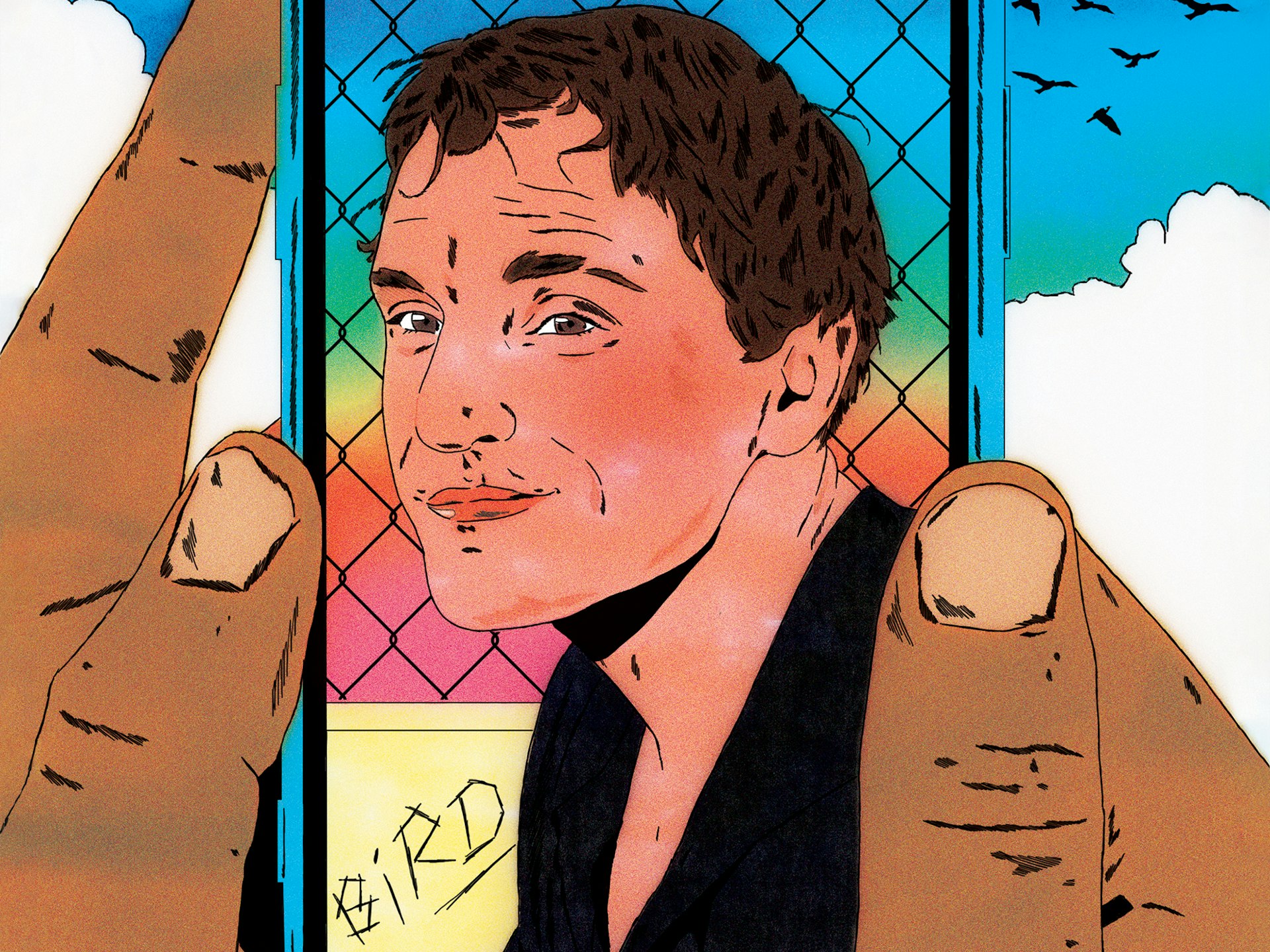
Barry Keoghan, Franz Rogowski and Andrea Arnold on ‘Bird’
The new issue of Little White Lies brings Andrea Arnold’s sixth feature to life with a thematic voyage down the Thames estuary.
Written by: Maisy Hunter
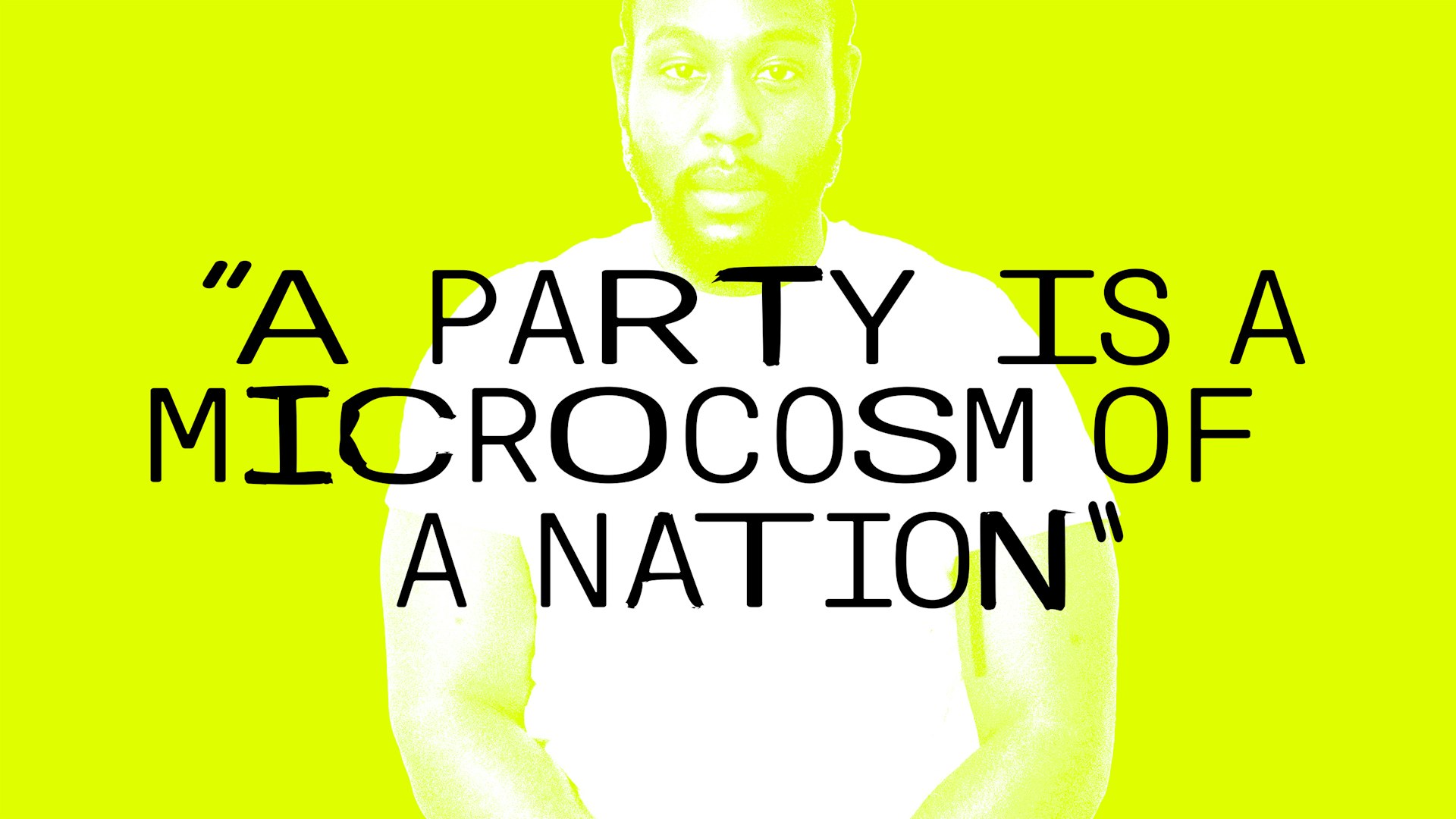
“A party is a microcosm of a nation”: Caleb Femi on the decline of the house party
To celebrate the publication of his new collection ‘The Wickedest’, Isaac Muk caught up with Femi to talk more about the work, the future of the shoobs, and discuss why having it large on a Saturday night should be cherished.
Written by: Isaac Muk
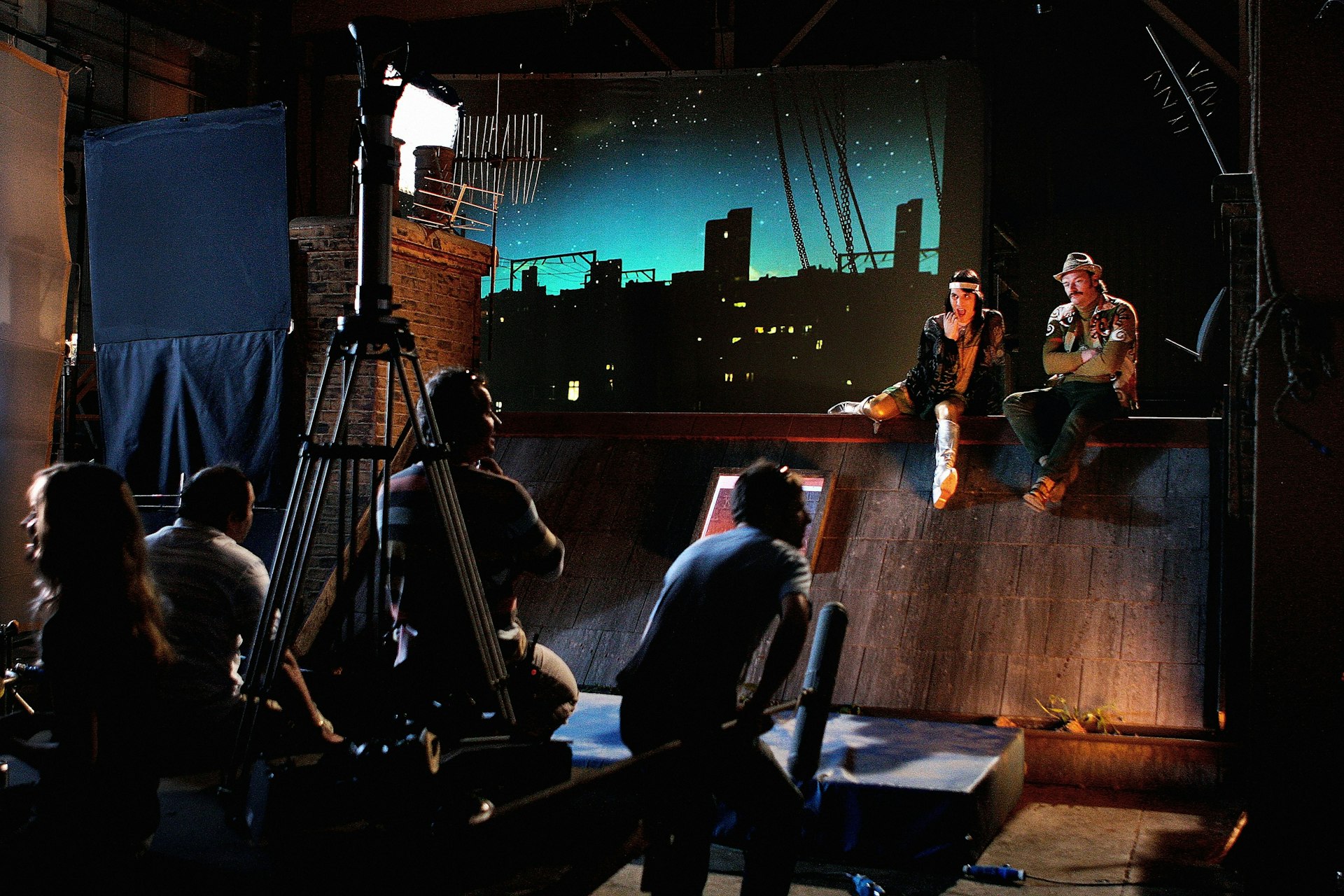
Celebrating 20 years of The Mighty Boosh
A new exhibition takes a look behind the scenes of the iconic show two decades after its BBC3 premiere.
Written by: Isaac Muk
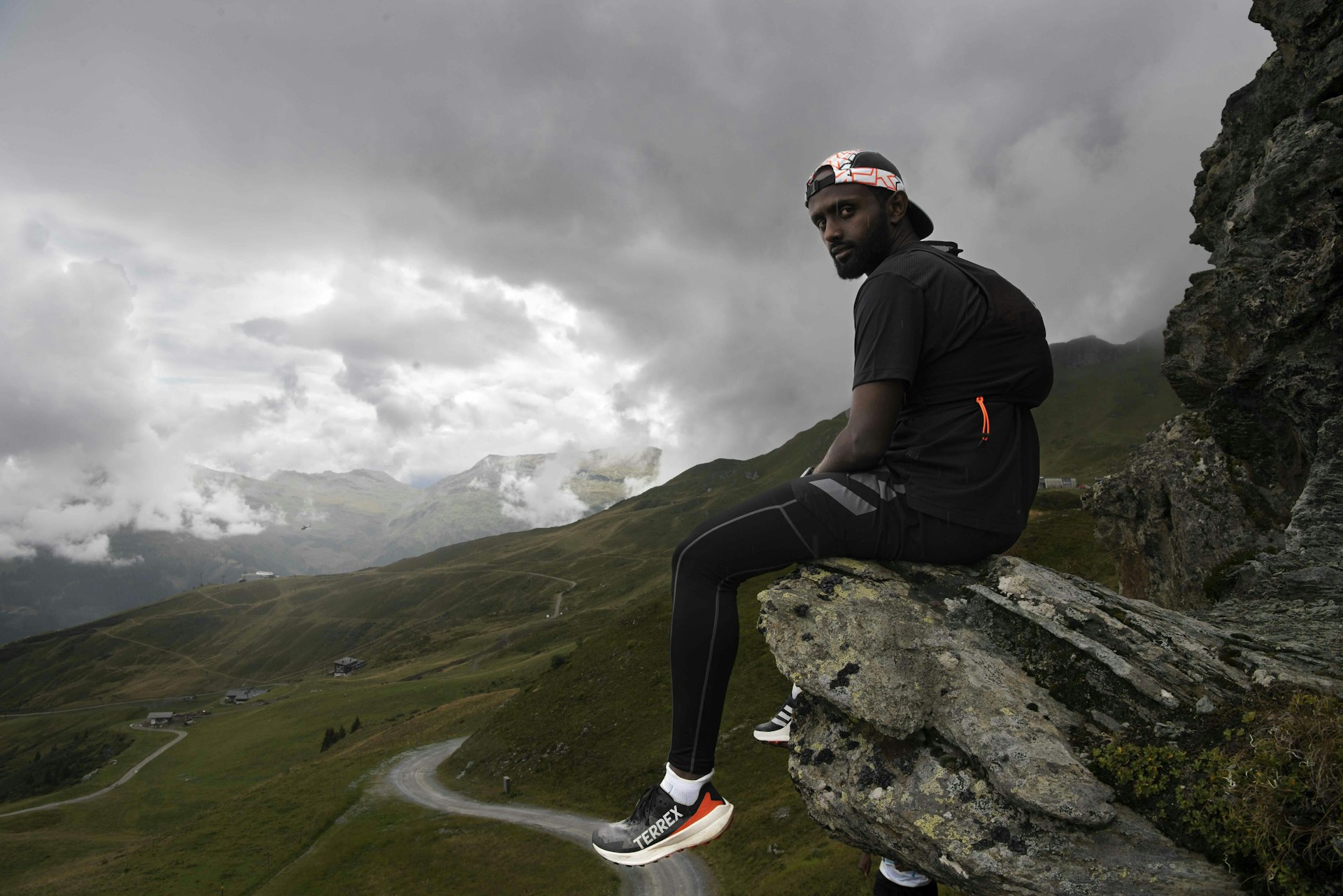
We Run Mountains: Black Trail Runners tackle Infinite Trails
Soaking up the altitude and adrenaline at Europe’s flagship trail running event, high in the Austrian Alps, with three rising British runners of colour.
Written by: Phil Young
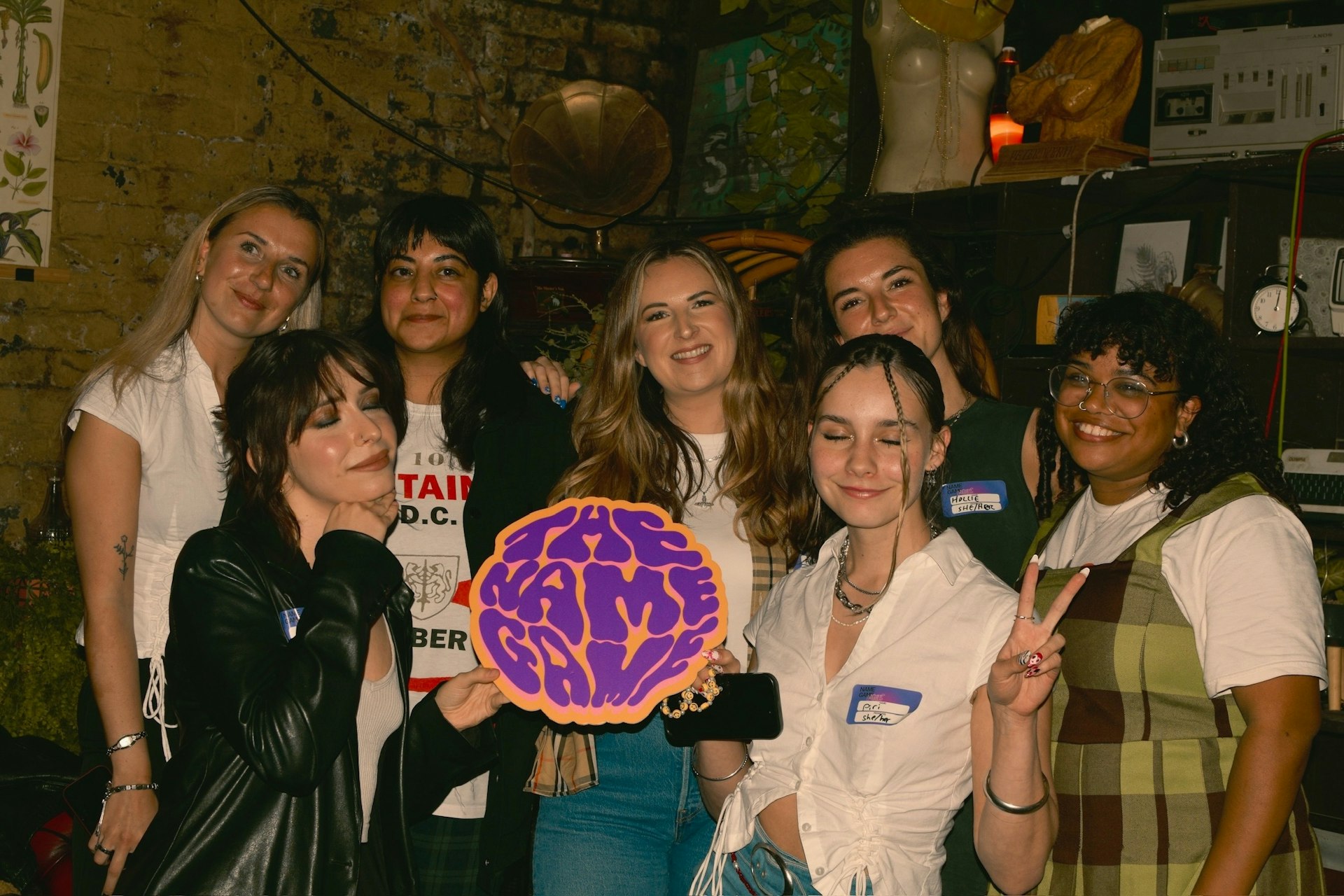
The organisation levelling the playing field in the music industry
Founded in 2022, The Name Game is committed to helping female, non-binary and trans people navigate the industry.
Written by: Djené Kaba